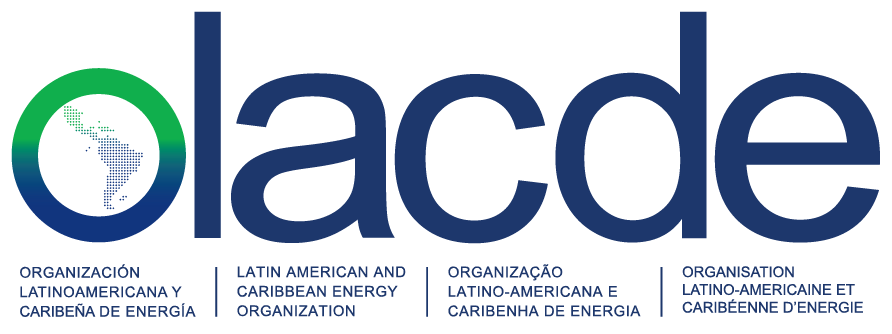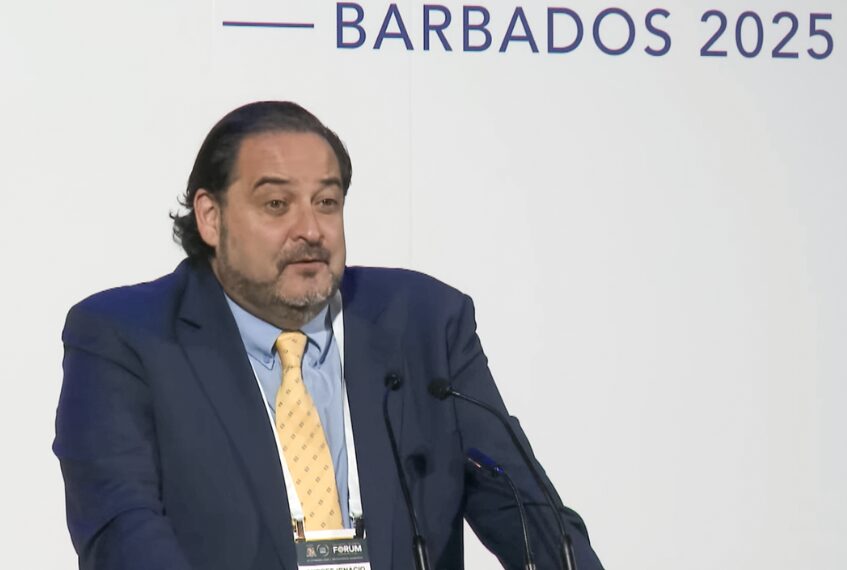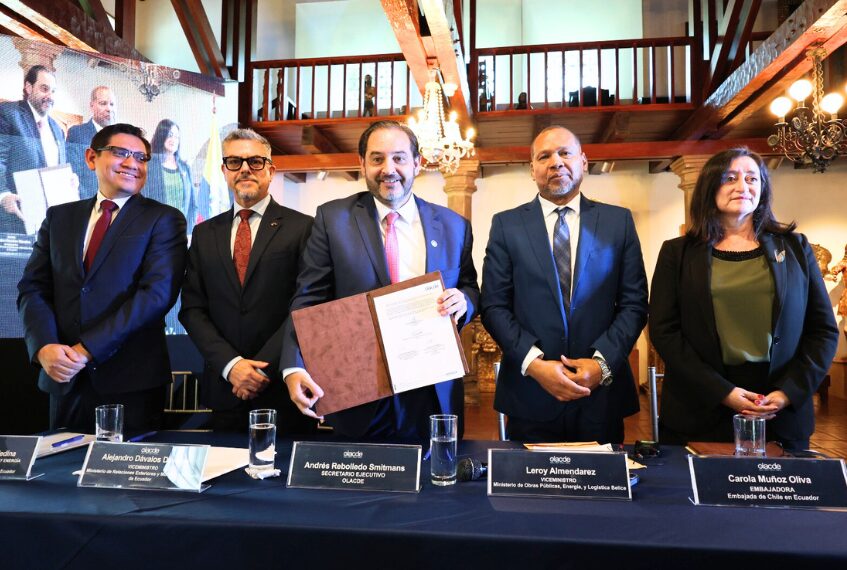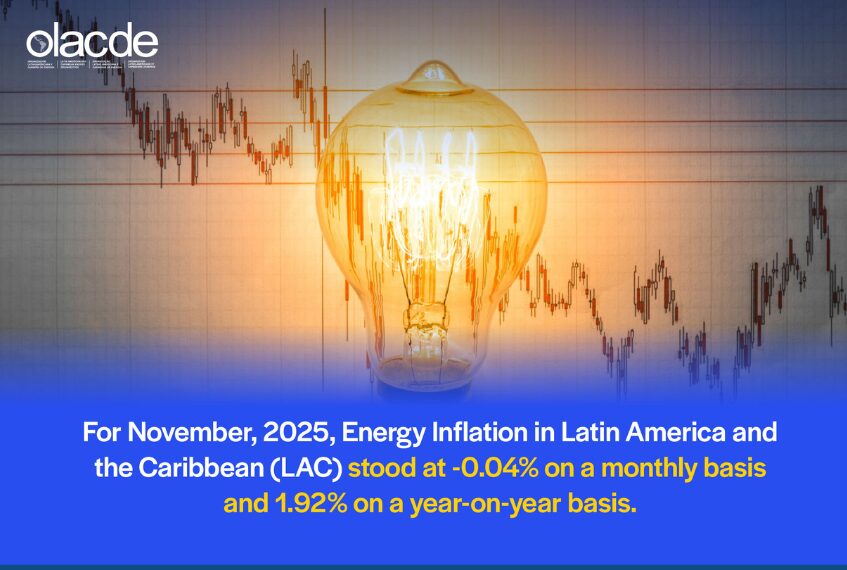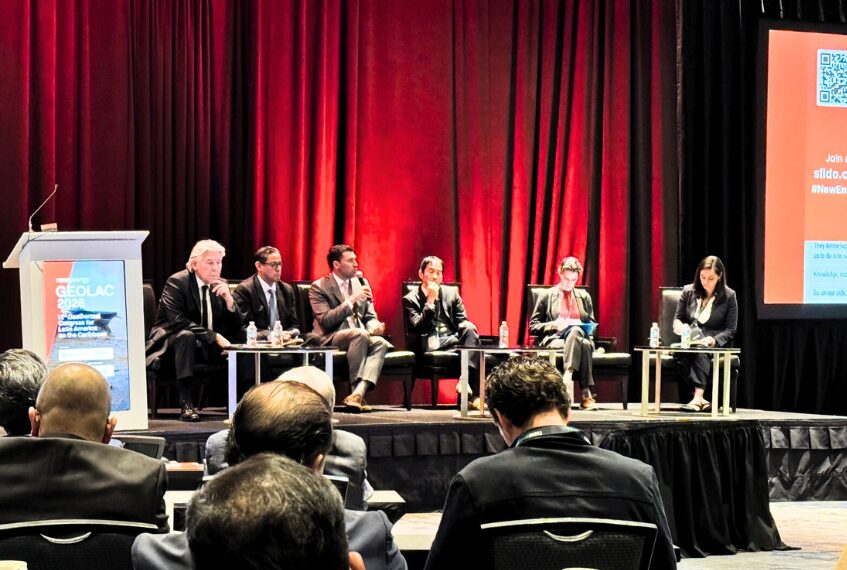The Latin American and Caribbean Energy Organization (OLACDE) took part in the SEforALL Global Forum held in Barbados, where representatives from 32 member states in the region discussed the need to strengthen cooperation to accelerate a just and inclusive energy transition, aligned with the Sustainable Development Goals and the Paris Agreement.
During the Global Ministerial Session, at the closing of the SEforALL Global Forum, Gloria Alvarenga, Director of Energy Integration, Access, and Security at OLACDE, emphasized the importance of reinforcing regional cooperation to advance an equitable energy transition in Latin America and the Caribbean.
“Our region is leading the transition to clean energy, generating 70% of its electricity from renewable sources. It is urgent to expand the focus to sectors such as transport and industry, leveraging technological innovation, artificial intelligence, and sustainable financing to ensure a resilient, inclusive, and equitable energy transition,” Alvarenga stated.

The dialogue brought together international leaders to explore innovative approaches, such as integrating artificial intelligence into energy management and expanding renewable energy sources. Additionally, the discussion highlighted the need for stable policies to mobilize financing, strengthen regulatory frameworks, and foster collaboration networks among key stakeholders to address global energy challenges.
As part of the forum’s agenda, OLACDE’s Executive Secretary participated in high-level meetings and panels, emphasizing the importance of:
– Expanding equitable access to clean energy.
– Promoting accessible financing for the energy transition.
– Encouraging community participation in decision-making.
Additionally, key strategies were discussed to strengthen investment in renewable energy, develop local supply chains, and train specialized labor.
International cooperation and the implementation of inclusive public policies will be essential to ensure that the energy transition not only contributes to mitigating climate change but also drives economic development, job creation, and the reduction of structural inequalities in the region.
Finally, the key role of international cooperation and effective public policies in transforming the energy sector was emphasized, ensuring that the energy transition serves as a tool for sustainable development and equity in Latin America and the Caribbean.
